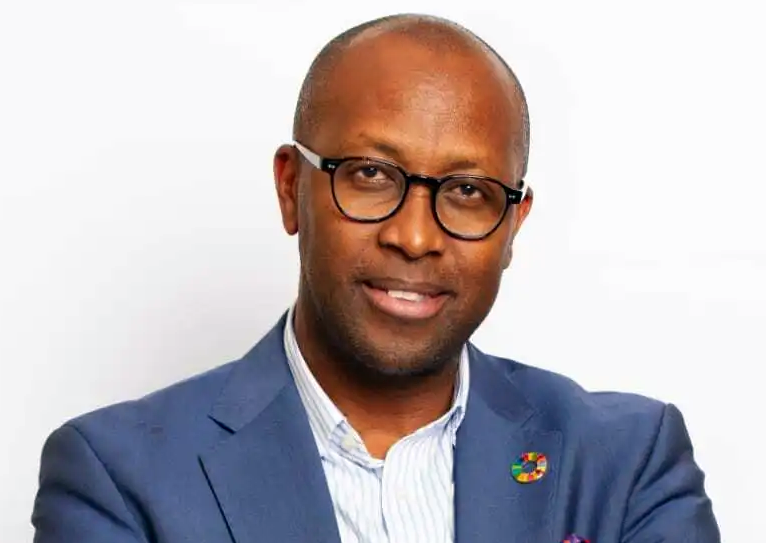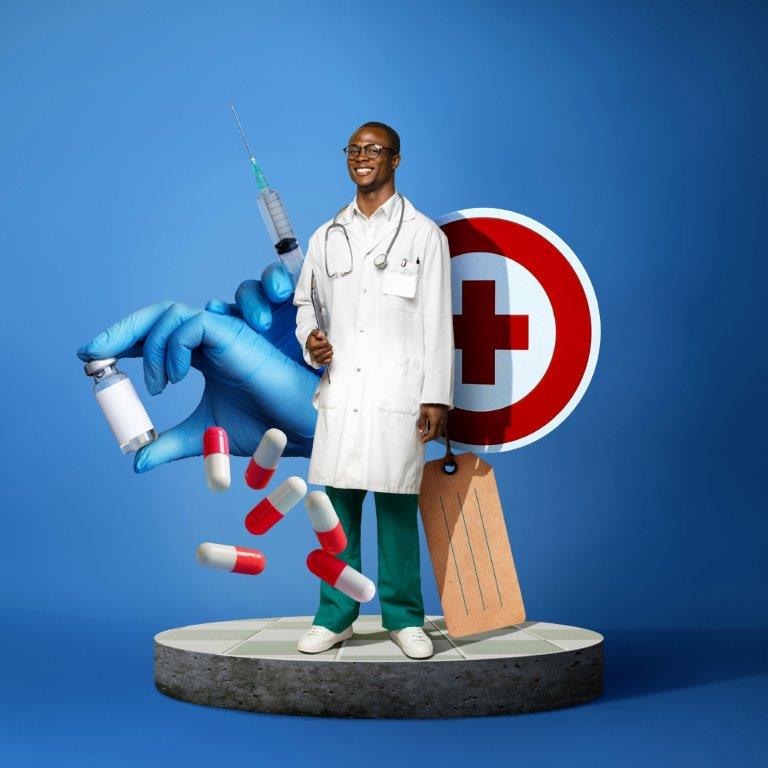Koert Lindijer has been a correspondent in Africa for the Dutch newspaper NRC since 1983. He is the author of four books on African affairs.
The health care system of many African countries is on the verge of collapse due to the withdrawal of American aid. This will not only have consequences for the patients who depend on this care, it may also lead to political instability. “People will take to the streets all over the continent,” says Githinji Gitahi, head of the medical organization Amref. Amref, with its headquarters in Kenya, is the largest international health and development organization based in Africa. It offers training and health services to more than twenty million people in at least 35 African countries.
The relationship between poor and rich countries has changed. Mainly due to the closure of the American aid organization USAID, but also because other Western countries are drastically cutting back their development budgets. Githinji Gitahi: “Trump is destroying the rules-based order and moving towards a power-based order. So we get a multipolar world in which everyone pursues their own interests. That means an end to the era of responsibility and development aid as we knew it.”

Githinji Gitahi
Why does stopping US aid also have political consequences?
“In Kenya, there are still a few months of HIV medicines in stock. But when they run out, people will die. Then there will be demonstrations and the crisis will undermine the political system. Because governments do not have the money to fill the gap.
“The entire health system is at risk, because one building block, the funding for HIV, has disappeared. In some counties of Kenya there is already chaos. Because the funding for HIV has disappeared, all patients are now in the same line for treatment, with fewer health workers, because many thousands have already been sent home.”
Kenya does not have the situation under control?
“No. And not just Kenya: Zambia, Malawi and Rwanda are struggling with the same problem. Kenya is deeply in debt and has no extra money for health care. One of the first reflexes after Trump’s decision to cut aid was to enter into negotiations with other donors. But the resulting deficit amounts to 370 million dollars per year, such a large gap is not easy to fill. We need to set new priorities and work more efficiently and effectively.”
Can African governments keep their health care systems running with less development money?
“Kenya has never had enough money for health care and that will not change. That is a fact. Kenya spends 90 dollars per capita on health care, in the Netherlands that is 4,000 dollars per year. The Kenyan government contributes about half and 20 percent comes from development aid. So you cannot provide a holistic health care system, Africa can never afford health care as people in the West know it. Impossible.
“So this means that we have to put more money into ensuring that everyone has access to clean water, sanitation and nutrition. Because most of the diseases that burden our health care system are related to that.”

Modern diseases are coming up?
“In Africa, specifically in Kenya, respiratory infections are the leading causes of death. It’s pneumonia and diarrhea, caused by cholera and tuberculosis, the so-called poverty diseases that development aid is focused on. But the diseases that will really collapse the health system are not funded by donors. Chronic diseases like hypertension are on the rise. There is no development aid for cancer, hypertension and diabetes. None.
“Modern noncommunicable diseases are caused by urbanization and changing lifestyles. Because people are moving from the countryside to the cities where the most affordable food in the slums is chips, sugary soft drinks or bread. In Kenya, four out of ten deaths are now from cancer, diabetes or hypertension.
“So if Africa follows the biomedical model of Europe, where cancer, cardiovascular disease are the top causes, it means we are heading for disaster. Because we cannot afford to treat those diseases. That is why the best investment a government can make is to work on clean water, good food and vaccination, and family planning. But for some reason, we are not investing in that future. So the crisis created by the US aid cutoff has a silver lining. It can be a wake-up call for our governments.”

